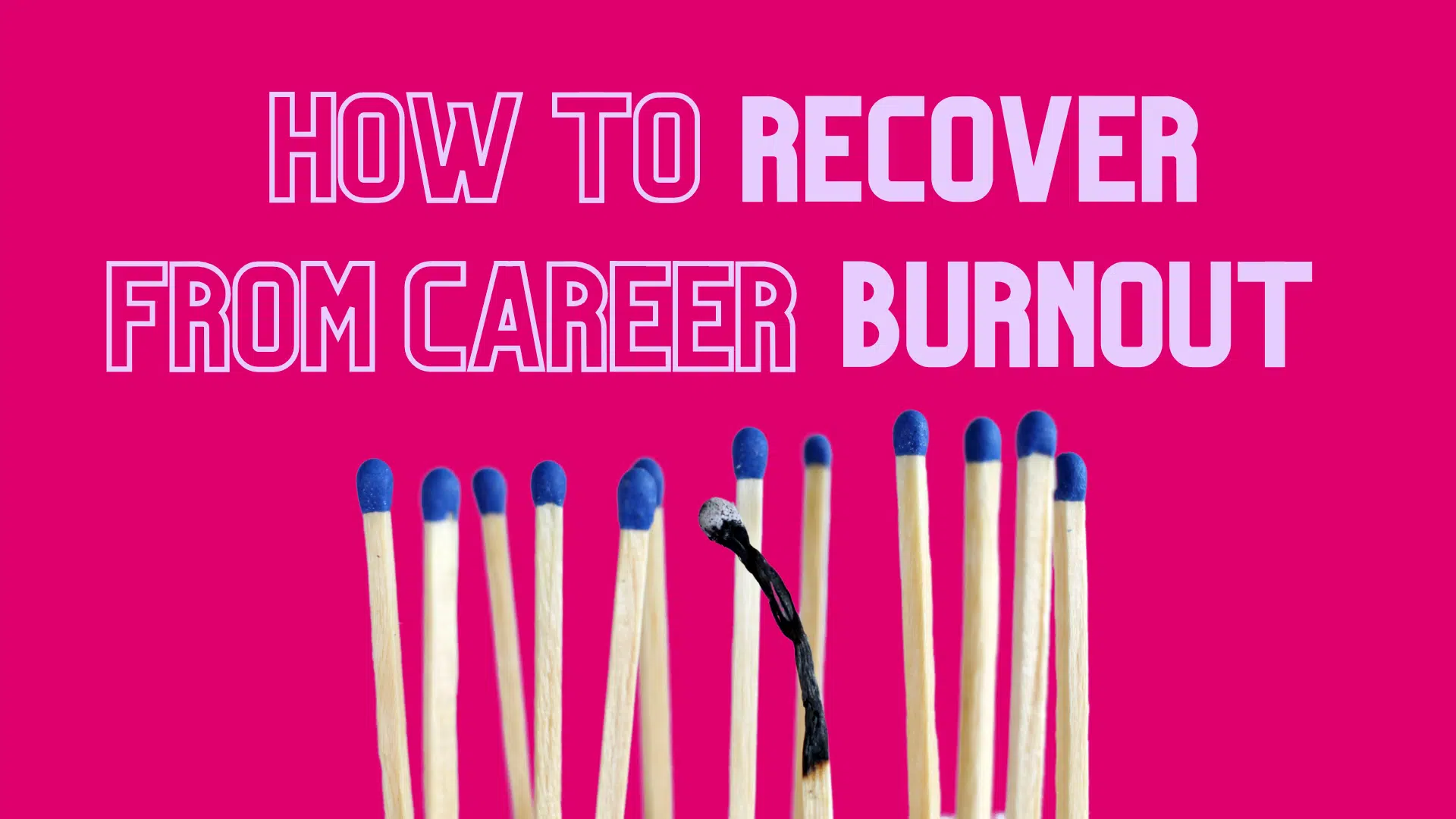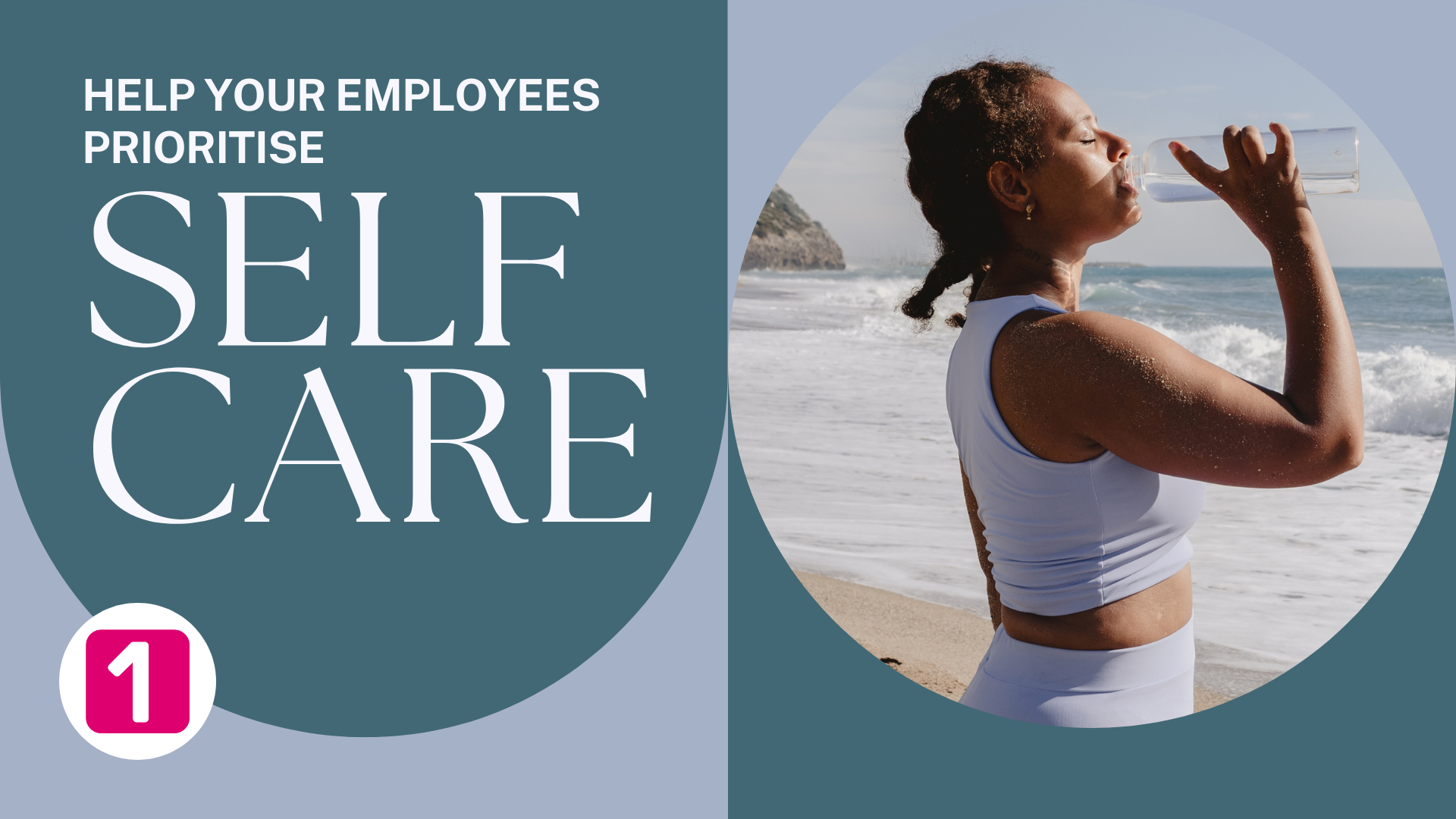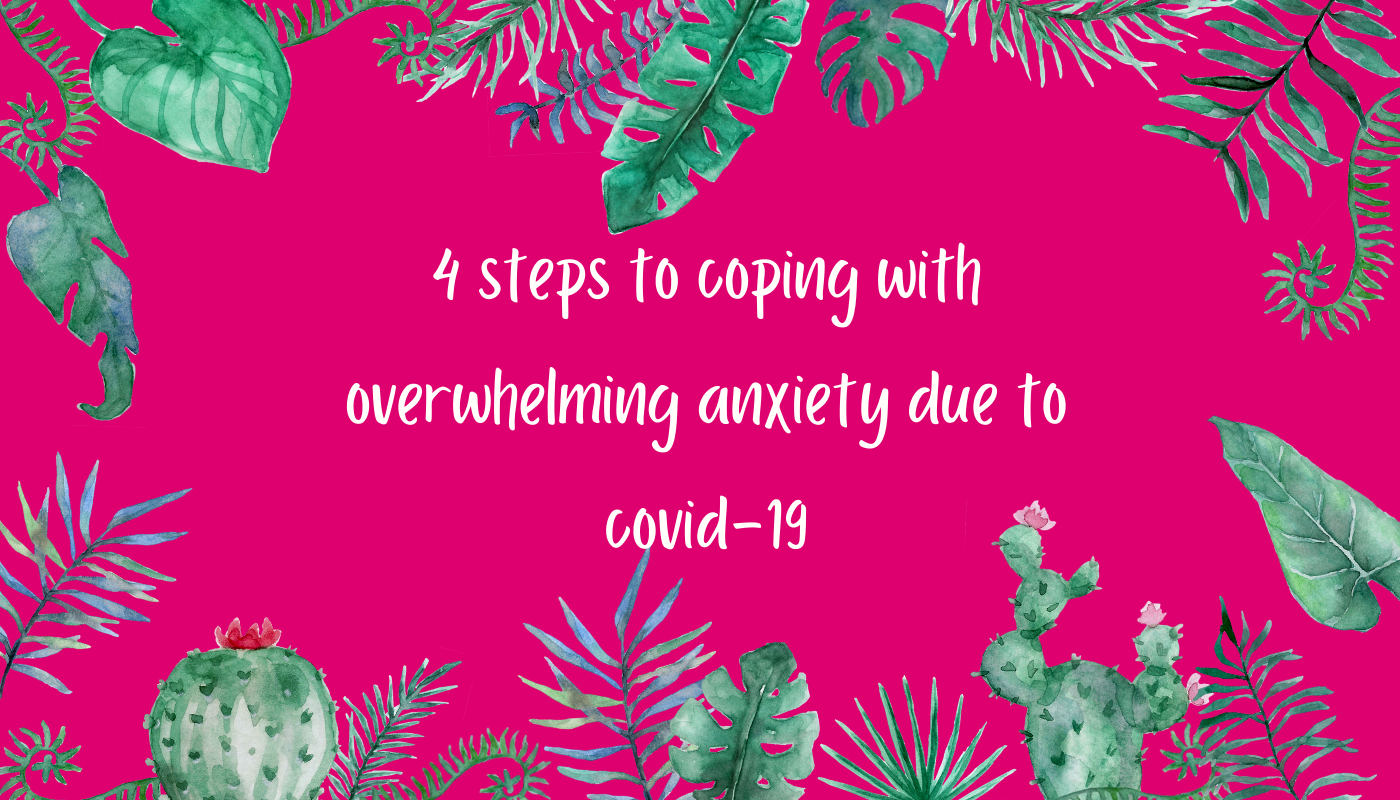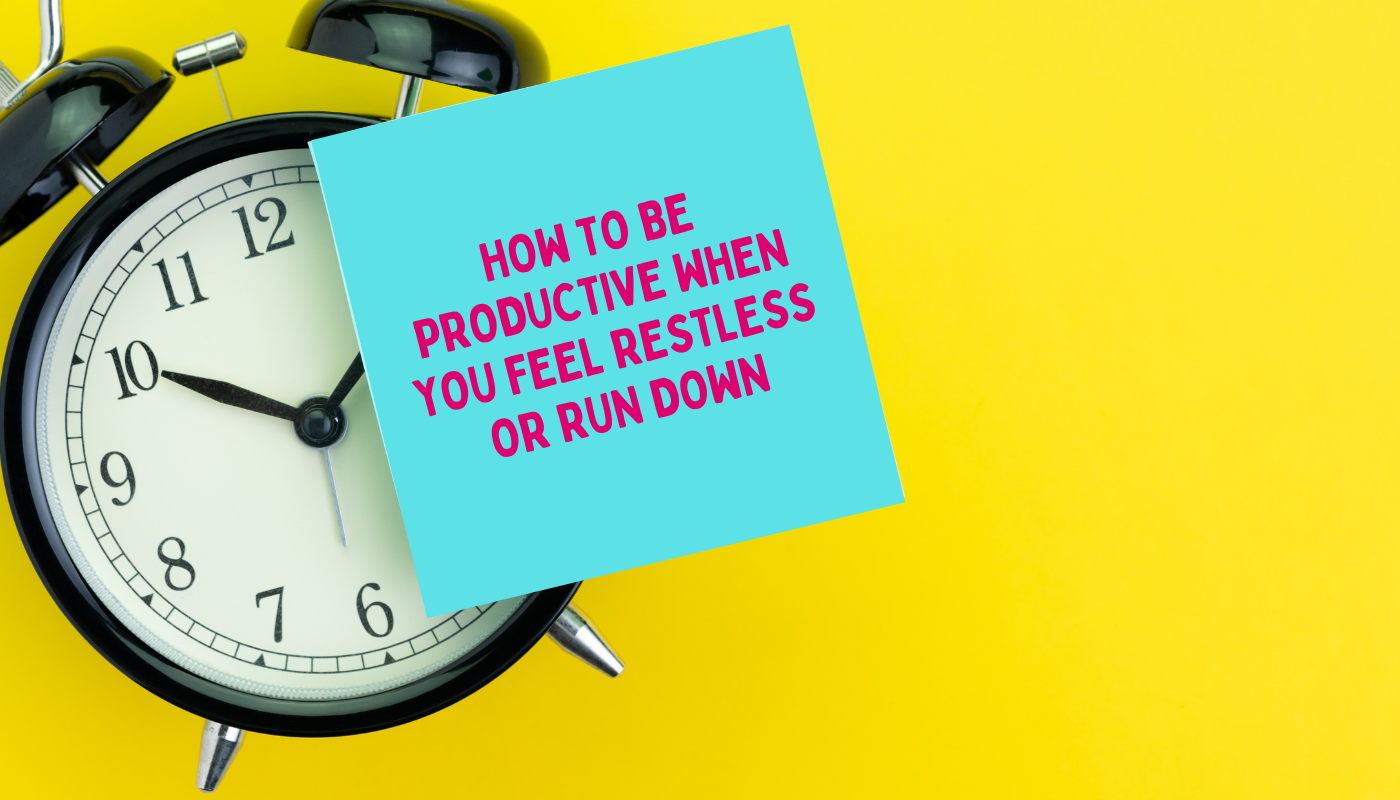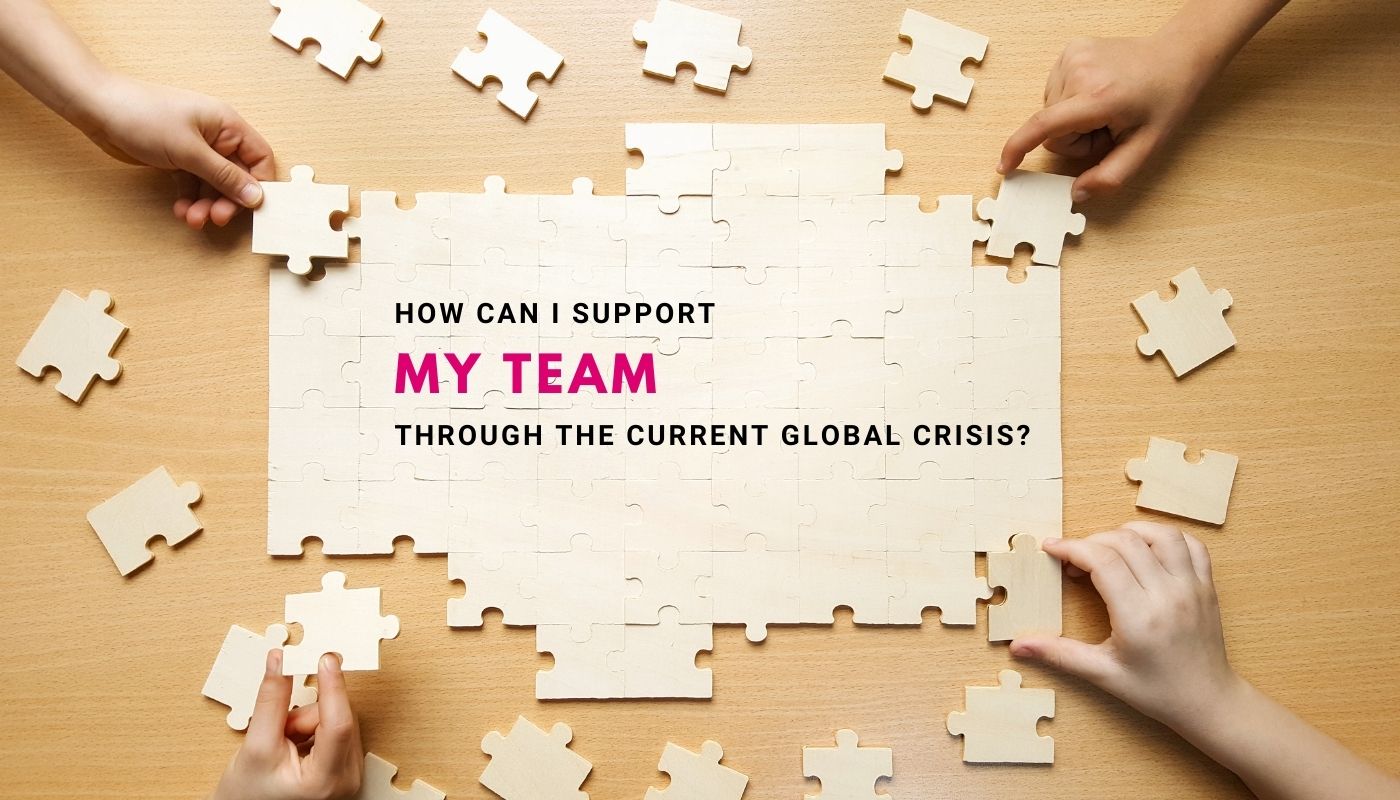As 2020 nears its end, it probably would be described as a very stressful year for many people. Perhaps, for some, the most stressful year of their lives. Covid 19 has literally turned the whole world upside down. First and foremost, many have lost their loved ones, in the most awful of circumstances; not being able to visit in hospital, or perhaps being able to attend a funeral or have their family around them to grieve. Many have been left very ill in the still unexplained ‘long COVID’. Then there are the wider effects of social isolation and loneliness as we are forced to stop meeting with our family, friends and community. O.K so we have zoom or the telephone, but it zoom isn’t available to everyone and even that is just not the same as face to face interaction. Then we have work; many find themselves unemployed and in financial hardship, and those that own their own businesses facing challenges that a year ago were unheard of.
With a vaccine on the horizon there is light at the end of the tunnel, but in the meantime how can we control the stress that we feel. As we know long term or chronic stress is bad for us. Unhealthy levels of stress release high amounts of hormones like cortisol, norepinephrine, and adrenaline which trigger various reactions in the body such as hormone imbalance, adrenal fatigue, chronic inflammation and reduced immunity. The hormone Oxytocin on the other hand is known as the ‘anti-stress’ hormone or ‘love-hormone’. Oxytocin is the reason you fall in love with your newborn baby and why cuddling and nurturing feels good. Both hormones have essential functions in your body but they should work in balance.

Make one simple change rather than trying to tackle it all at once.
So how can we help ourselves during these incredibly stressful times, reduce stress and stay healthier? There is much we can do, but it’s important to take baby steps and change one thing at a time. If you try to do too much at once, the changes won’t stick, and you’ll find that you just end up more stressed.
Recognise what is causing your stress by asking yourself these questions.
- Are you trying to do too much? What can you say no too?
- Are you getting enough good quality sleep?
- Are you taking time out to relax and take care of yourself?
- Are you eating well to give you energy to tackle the day to day?
We have all heard the metaphor ‘you cannot pour from an empty cup’ and this is true, if you take care of yourself, you will be more able to take care of others. How often have you found that the more ‘stressed’ you become the more things start to unravel at work? You can’t concentrate properly, people seem to annoy you, you become more forgetful? Then when you get home, you find yourself tucking into the chocolate, bickering with your partner or shouting at the kids?
Take control of one thing at a time, and the changes soon add up.
Take sleep for example. Lack of sleep has the same effects on the body as stress itself, so not getting enough or good quality sleep is going to make you feel stressed before the day even starts! Lack of sleep is also likely to make us crave more junk food and affects our memory, attention and decision-making abilities, as well as making us more emotional.
Tips for good sleep

Get a good dose of sunlight every morning for at least ten minutes. Going outside is best, but you can even just have your cuppa by the window. The exposure to the light helps set your body clock.
Stop using devices an hour before bed. Just as the exposure to the morning light affects our body clock, we are more sensitive to the ‘blue’ light in the evening and exposure to it through devices tells our body that we should be awake. If you can’t resist, get blue light blocking glasses.
Write down your thoughts before you go to sleep. Often when we go to bed, we have a million things going around in our head, getting them down on paper can ‘offload’ our brain enabling us to sleep.
Do not eat 3 hours before bed. Eating late is a stressor to our bodies, so eating earlier helps us to move out of a stress state into a ‘thrive’ state.
Avoid liquid stress. A glass of wine is tempting after a stressful day and as alcohol is a sedative, we often think that it helps us to sleep. But alcohol disrupts our sleep and wakes us more during the night, it also blocks our deeply restorative REM sleep.
Avoid caffeine from midday. One quarter of a cup of the coffee you enjoyed at lunchtime will still be in your body at midnight!
Saying No!
It’s so easy to overstretch yourself and to feel pressured to say yes to everything. Take some time to work out your boundaries so that you have got time to say yes to the things you love such as taking a bath, reading a book or going for a walk. Remember, doing the things you love balances out the effects of stress.
Getting to grips with time management can make time for self-care
Saying no is easier if we have a plan. Evaluate your daily and weekly tasks and don’t be afraid to ask for help and support. For example, can you delegate other members of the family to cook on some days? Or perhaps put on a load of washing. Giving people specific tasks on specific days can be more successful than a ‘it would be nice if….’ Which might get overlooked!
Schedule in time with friends and family (even if it is on zoom), this is just as important as the other things in your day!

Wake up 30 minutes earlier. Sometimes having some time to ourselves first thing in the morning can give us that space we need to feel refreshed and revived. You could journal, meditate, stretch or go for a walk, or even just have that few minutes of calm before the day starts.
Schedule your times for checking your emails and scrolling social media. You’ll be amazed how much time you can save when you do this!
Taking regular breaks at work can help you feel alert and well and focused.
Make time for being active and getting outside because fresh air can impact your overall health. Can you park a little further away from work, or pop out for half an hour at lunchtime or kick a ball around with the kids when you get home?

Eat, Drink and Be Merry
Often, ‘what to eat’ can be a source of stress in itself. There are a thousand ‘diets’ on the internet telling us what to eat drink and when to eat and drink. It shouldn’t be this complicated. And it’s not. What is important is for us is to eat a wide variety of foods that are as close to natural as possible. If we eat whole foods when we are hungry, we won’t need to snack on ‘junk’ foods. The best way to do this is to plan our meals ahead of time for the week. Some people prefer to ‘batch cook’ on the weekend. Shop for these meals and organise who is cooking them on which days. If we do this, the odd ‘treat’ or ‘take away’ won’t matter so much. It’s being in a good routine the majority of the time that makes the difference and the more organised you are, the less stressful it will be.
Remember the important thing is to tackle one thing at a time and to turn it into a habit. Maybe make a list of what you would like to change and introduce one new thing each week or even each month. Small changes add up and looking after ourselves really matters.

